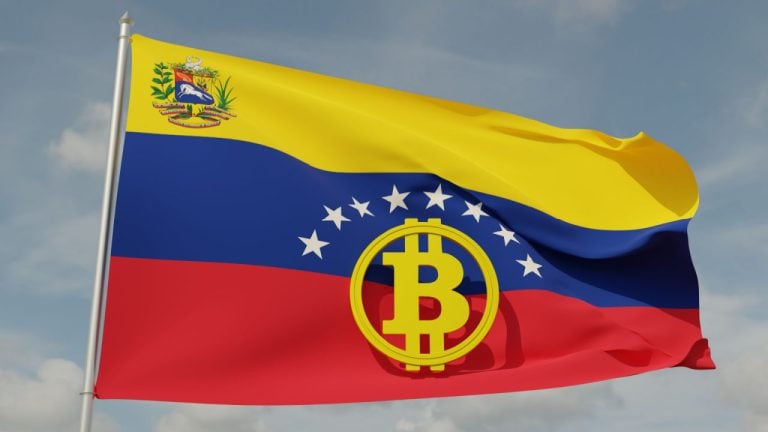
Sudeban, the Venezuelan banking watchdog, is currently working on a mechanism to review crypto-related transactions in real-time to control the influence these have on the stability of the exchange market. Analysts have recently linked the situation in peer-to-peer (P2P) crypto markets to the recent drop in the value of the bolivar.
Venezuelan Government to Monitor Crypto Transactions
The Venezuelan government is aiming to monitor the the movements of crypto-based P2P exchanges to protect the value of the bolivar. On Dec. 20, the Venezuelan banking watchdog Sudeban explained that it is in the process of designing a system to monitor banking transactions in real-time, with the help of Sunacrip, the national cryptocurrency regulator.
While no more details were offered, the organization explained the objective is to “fight the irregular practices that attack our currency and the stability of the exchange market.” This means that the government looks to be examining the link between the volumes exchanged in cryptocurrency markets and the U.S. dollar – Venezuelan bolivar exchange rate.
While the government has not stated explicitly there is a direct relation between these two variables, analysts have linked the recent cryptocurrency drought in peer-to-peer markets due to the collapse of FTX, to the sudden rise in the aforementioned exchange rate. However, this is also said to be mixed in with other causes, such as the natural abundance of fiat currency in the market due to holiday-related payments.
Related to this measure, more than 75 bank accounts have been blocked due to suspicious activity related to cryptocurrency transactions since the end of 2021, according to Legalrocks, a national crypto-focused law firm.
Devaluation and Inflation Cocktail
This would be one of the “drastic” measures that president Nicolas Maduro announced on Dec. 11 in order to subdue the devaluation of the bolivar, which has gone from 12.66 bolivars per dollar on Nov. 28, to almost 20 bolivars per dollar on Dec. 28. This follows another high devaluation period in November, which saw the bolivar lose 40% of its value.
The behavior of the exchange rate has worried analysts, who are now examining the possible effects this will have on inflation rates for December and into next year. The country recently exited a period of hyperinflation that started in 2017 and lasted four years. Jose Guerra, a Venezuelan economist, predicts a 30% inflation rate for December. The Central Bank of Venezuela has not released official inflation numbers since October, registering an increase of 119.4% in prices during the first 10 months of 2022.
What do you think about the idea of monitoring cryptocurrency-related bank transactions in Venezuela? Tell us in the comments section below.
from Bitcoin News https://ift.tt/PcHSuD5
Comments
Post a Comment